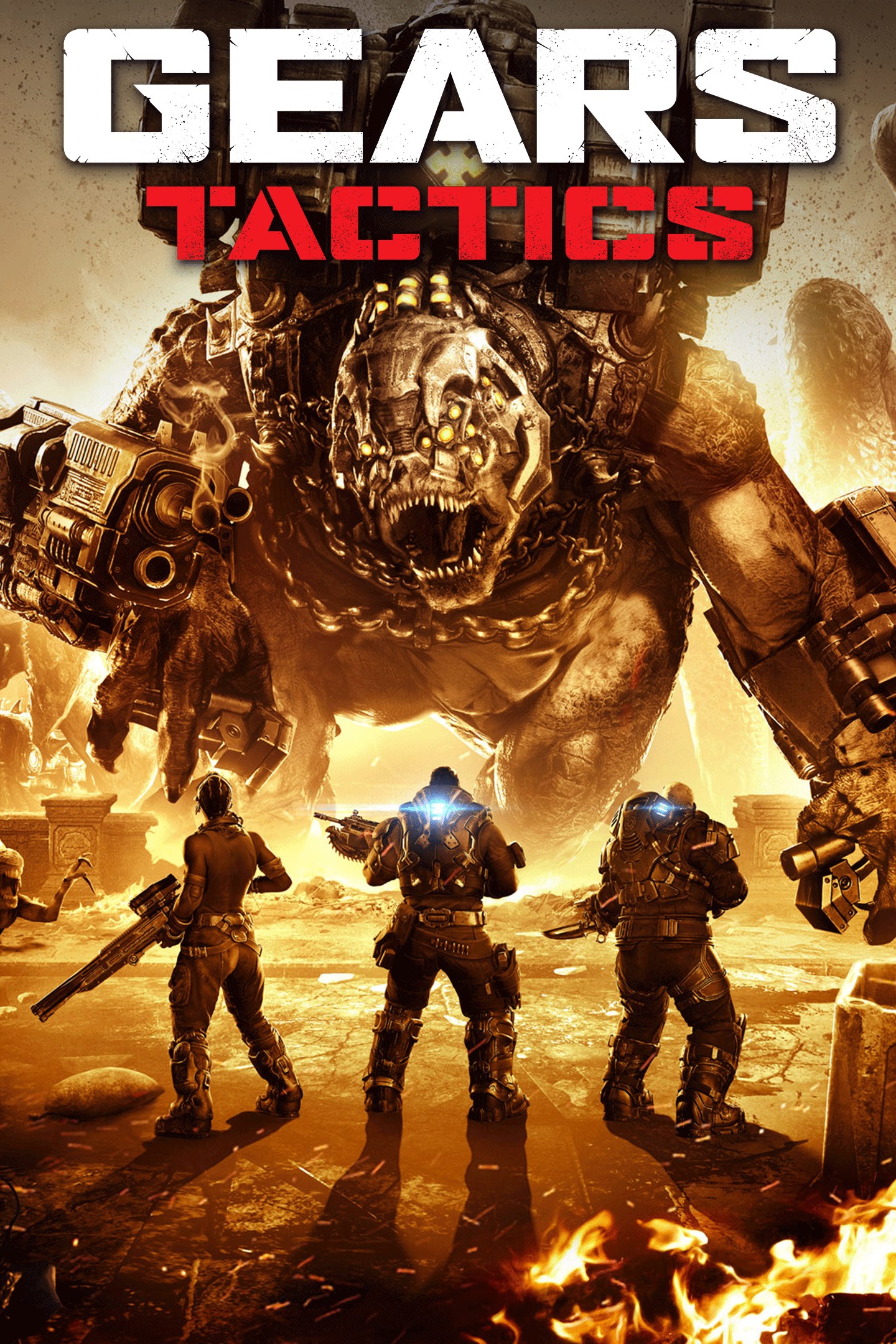Title: Beyond the Screen: Deep Game News Stories That Captivated Gaming Communities
The world of gaming is often perceived through the lens of entertainment: a space for escapism, competition, and storytelling. Yet, sometimes, the most compelling narratives unfold not within the games themselves, but in the real-world events surrounding them. These are the deep news stories—complex, emotionally charged, and culturally significant sagas that transcend the digital realm to captivate, divide, and ultimately transform global gaming communities. They are about more than just patches and DLC; they are about people, ethics, and the very soul of the medium.
The Fall and Redemption of No Man's Sky
Few stories in modern gaming are as dramatic as the saga of No Man's Sky. Upon its hyped announcement, Hello Games promised a universe of near-infinite possibilities—a quintillion planets, each with unique ecosystems, waiting to be discovered. The gaming community’s imagination was set ablaze. However, upon its release in 2016, the reality fell painfully short. The promised features were absent, multiplayer was non-existent, and the procedural generation often felt repetitive. The backlash was swift and merciless. Hello Games, and specifically founder Sean Murray, became the focal point of immense online vitriol, death threats, and accusations of outright fraud.
This is where the story deepened. Instead of folding, Hello Games retreated into a radio silence that many interpreted as an admission of defeat. But they were working. What followed was one of the most remarkable redemption arcs in entertainment history. Through a series of massive, free updates—foundations, base-building, multiplayer, VR support, and more—the team slowly, painstakingly, rebuilt both their game and their reputation. The community’s sentiment shifted from rage to cautious optimism, and eventually, to overwhelming praise. The story of No Man's Sky is a profound lesson in the perils of over-hype, the destructive power of online outrage, but also the redemptive power of perseverance, humility, and a genuine commitment to a creative vision. It became a story about the human capacity for recovery.
TheGameAwards: The Indie Speech That Shook the Industry
Awards shows are typically polished affairs, but the 2017 Game Awards delivered a moment of raw, unvarnished truth that resonated for years. As the team from Shedworks accepted the award for Best Debut Indie Game for Sable, developer Gregorios Kythreotis took the microphone for a brief, heartfelt speech. He didn't just thank fans and family; he used his fleeting moment on a global stage to make a powerful statement about the brutal reality of indie game development.
He spoke candidly about the immense personal cost: the financial instability, the mental health struggles, the years of sacrifice with no guaranteed payoff. His voice cracking with emotion, he stated, "Everyone up here and everyone in this category… I think we're all in a lot of debt." The moment was a stark contrast to the glitz of the surrounding show. It wasn't a complaint; it was an affirmation. It laid bare the human toll of creating art in a high-risk industry, sparking immediate and widespread discussion within the community. Forums and social media lit up with developers sharing their own stories, creating a wave of solidarity and a newfound public appreciation for the immense challenges indie creators face. This 30-second speech did more to humanize game development than a dozen documentaries, turning a celebratory night into a platform for a crucial conversation about sustainability and well-being in the creative arts.
The Cyberpunk 2077 Launch Catastrophe: A Clash of Hype and Reality
If No Man's Sky was a lesson in post-launch redemption, the launch of Cyberpunk 2077 was a masterclass in corporate failure and its consequences. The hype for CD Projekt Red's next project was astronomical, built on years of masterful marketing and the immense goodwill generated by The Witcher 3. The game was positioned as a revolutionary, genre-defining experience. The reality, particularly on last-generation consoles, was a disaster. The game was riddled with crippling bugs, performance issues, and missing features, rendering it nearly unplayable for a significant portion of its audience.
The community’s reaction was one of profound betrayal. The deep story here wasn't just the broken game; it was the breach of trust. CD Projekt Red had built its brand on a reputation for pro-consumer practices and quality. That reputation evaporated overnight. The fallout was severe and multifaceted: Sony, in an unprecedented move, pulled the game entirely from the PlayStation Store and offered full refunds. Investor lawsuits were filed. The company's stock price plummeted.
This saga captivated the community because it was a stark power shift. It demonstrated that even the most beloved developers are not infallible and that consumers, platforms, and investors ultimately hold the power. The subsequent years of patches and the excellent Phantom Liberty expansion have begun to repair the damage, but the story of its launch remains a cautionary tale about the dangers of corporate over-promise, the ethical implications of crunch culture, and the fragile nature of player trust.

The Among Us Renaissance: A Perfect Storm of Luck and Timing
Sometimes, a deep news story isn't about failure but about a bizarre and wonderful twist of fate. Among Us, a game released by indie studio Innersloth in 2018 to little fanfare, suddenly became a global phenomenon in 2020. The reason was a perfect storm of conditions: the COVID-19 pandemic had left millions isolated and craving social connection. Popular streamers on Twitch and YouTube, looking for engaging multiplayer content to share with their audiences, serendipitously discovered the game.
The community didn't just play the game; they propelled it. Memes, strategies, and hilarious clips of betrayals and failed arguments spread like wildfire across social media. The game’s simple premise of teamwork and deception became a digital town square, a way for people to socialize and laugh together during a deeply isolating time. The story of Among Us is a testament to the unpredictable, organic power of community-driven discovery. It highlights how platforms like Twitch have become the most powerful marketing engines in gaming, capable of resurrecting a forgotten title and turning it into a cultural touchstone. It’s a story that gives hope to every small developer that their game, too, might just be waiting for its moment in the zeitgeist.
These stories prove that gaming is far more than a hobby. It is a vibrant, living culture where human drama—ambition, failure, resilience, betrayal, and connection—plays out on a massive scale. They remind us that behind every line of code, every trailer, and every update, there are people, and it is their stories that truly captivate us.


















